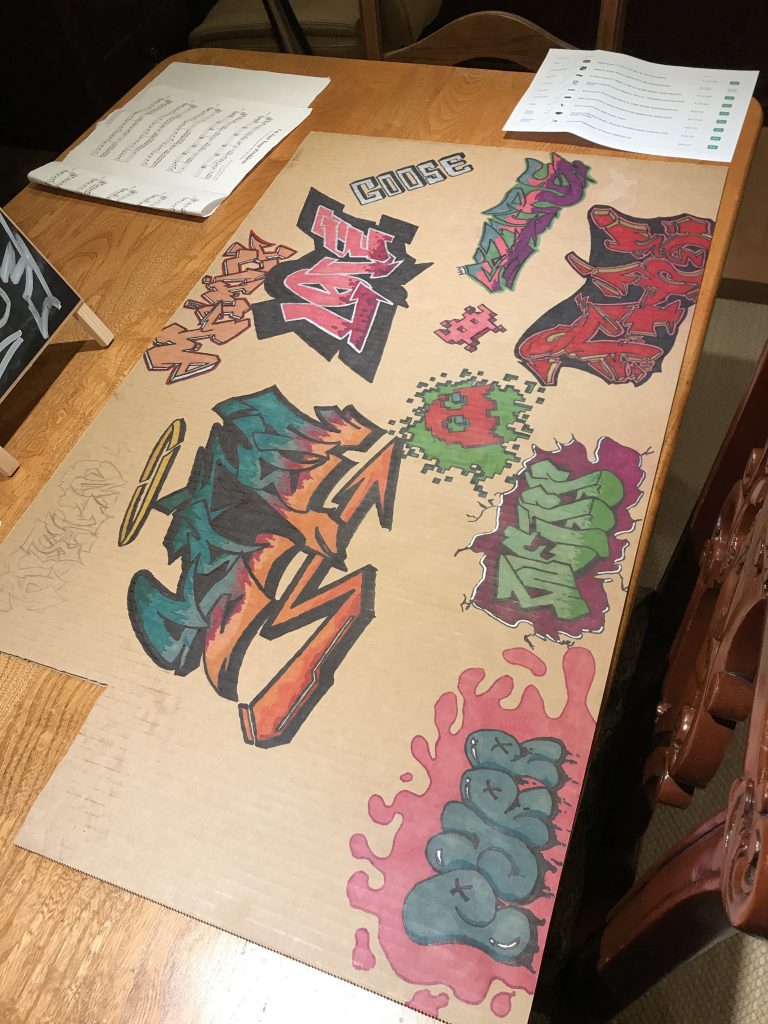A concept redefined through Kant’s literature is the notion of love, and how his conception of duty and knowledge of Christian scripture informs his consideration towards love. According to Kant, love is regarded as a good will for others that is validated through one’s own acts as opposed to emotional indicators. Additionally, love is understood as some charity from “duty”, another charged word within Kant’s rhetoric which can be defined as one’s actions which are motivated by some good will rather than by some desire for a consequence of fulfilling one’s duty.
The reason for my fascination with Kant’s interpretation of love is because of its spiritual complexity as well as its reflection of the effort to appropriate an objective, scientific framework to a subjective realm like love.
Aside from obviously referencing the bible at the beginning of his description of love, Kant further illustrates how love ought not to be regarded as a mere emotion, but as a spiritual experience. With regards to the Christian implications contained within Kant’s work, I look to his use of the word “beneficence” when describing love as a “beneficence” of duty. This word is often synonymous to charity, which reveals a clear connection to the book of Corinthians, where love is understood as “agape”, a word for love that also denotes the meaning of charity. With this understanding, a contradiction from Enlightenment tendencies is revealed: despite a general aberration from the spiritual, Kant is both explicit and referential about and to Christian scriptures, incorporating a spiritual understanding to love.
When assessing how well Kant’s definition of love lines up to Enlightenment ideals, a simultaneous tension and attempted reconciliation can be recognized in his attempts to make love an enlightened experience. First, the tension is revealed in the inherent incompatibility between spirituality and the rationalist framework which pervades the Enlightenment era. Secondly, and more importantly, the reconciliation can be found within the facets that Kant attaches to love as a means to establish its place within Enlightenment sentiments. This is apparent in Kant’s description of how love behaves: “it lies in the will and not in the propensity of feeling, in principles of action and not in melting sympathy; it not alone can be commanded” (Immanuel Kant, Groundwork of the Metaphysics of Morals, pg. 55). This passage reveals a connection between Enlightenment ideology and love due to way in which love is equated to observable data: Kant claims that love must be realized through willful action as opposed to a consequence of emotional vehement that often exists outside of complete, human control. By presenting love as an activity which must be observable and free from the irrationalities of emotional whims, Kant exhibits an effort to make love a force which complements Enlightenment ideals of controlled, empirical observation.
From my perspective, no form of media better express a successful union of love and science than music. My justification for choosing music is its balanced quality of simulating a dynamic experience within the rigid confines of musical notation. In attempting to quantify the complexity of human emotion through the construction of organized sound, music becomes instrumental in identifying a middle ground for emotions–like love–and science. In specific, I will be assessing Leo Delibes’ opera Lakmé, specifically the song “Viens, Mallika”, which is more popularly known as “The Flower Duet”. For contextualization, “Viens, Mallika” was written for two characters, Lakmé and Mallika, who express their filial love for each other as they revel in the beauty of the edenic environment surrounding them.
This love song, when considered under a Kantian lens, reveals how the confluence of Enlightenment thought with the subjective arena of musical experience produces a nexus of art that justifies the compatibility of love with science. While expressed through music, which is up to subjective interpretation, the performance itself is grounded by the presence of the sheet music: a compendium of harmonies, notes, and keys which contribute to an organized “language” of music. In this way, the representation of love becomes realized through music, acting as an intermediary, which is methodically grounded by a logical, arbitrary–and therefore scientific–symbology. Furthermore, being able to perceive two characters emote their love for each other, if one is willing to suspend their disbelief, shows another point of application for this song to Kant’s philosophy: in actually seeing people act on their love through song, the Enlightenment ideal of observability is acknowledge and fulfilled. By utilizing a Kantian lens to assess the Delibes’ Lakmé, an opera which explores themes of romantic and platonic affection, we see how music can become a vessel for love to inhabit so it may be re-evaluated through a more scientific framework.


